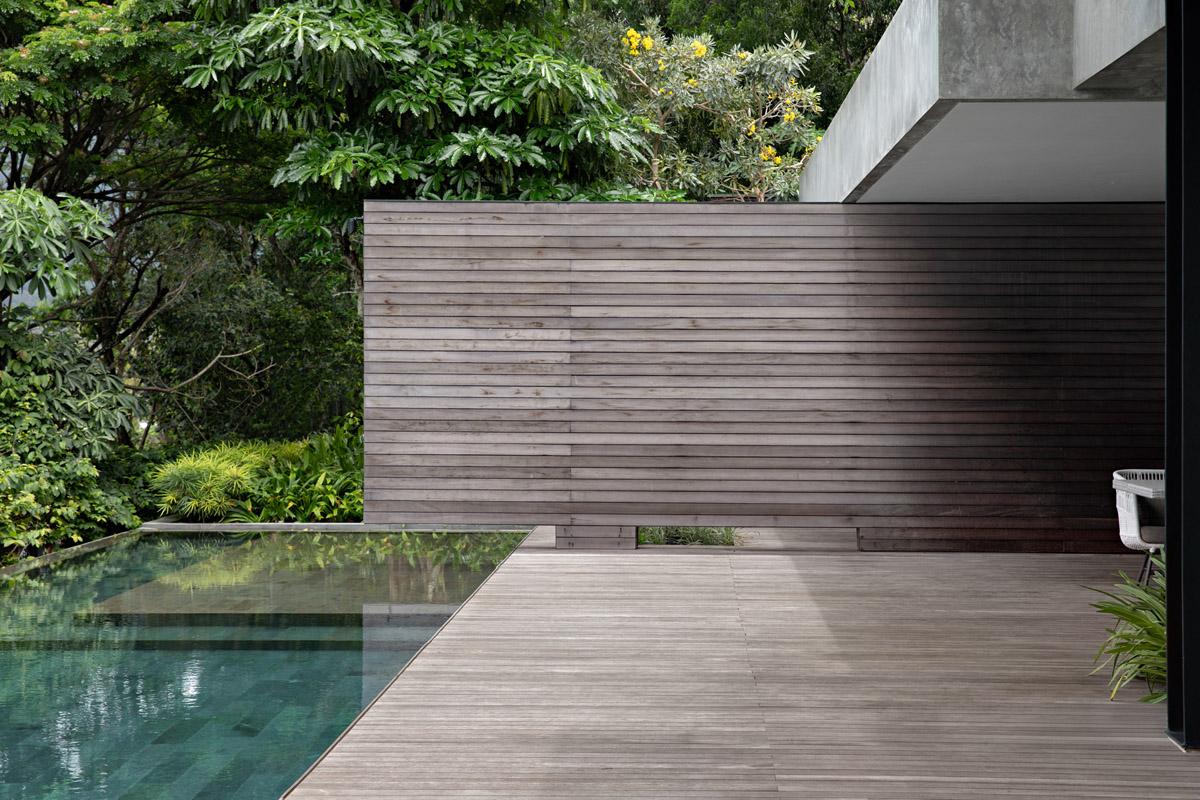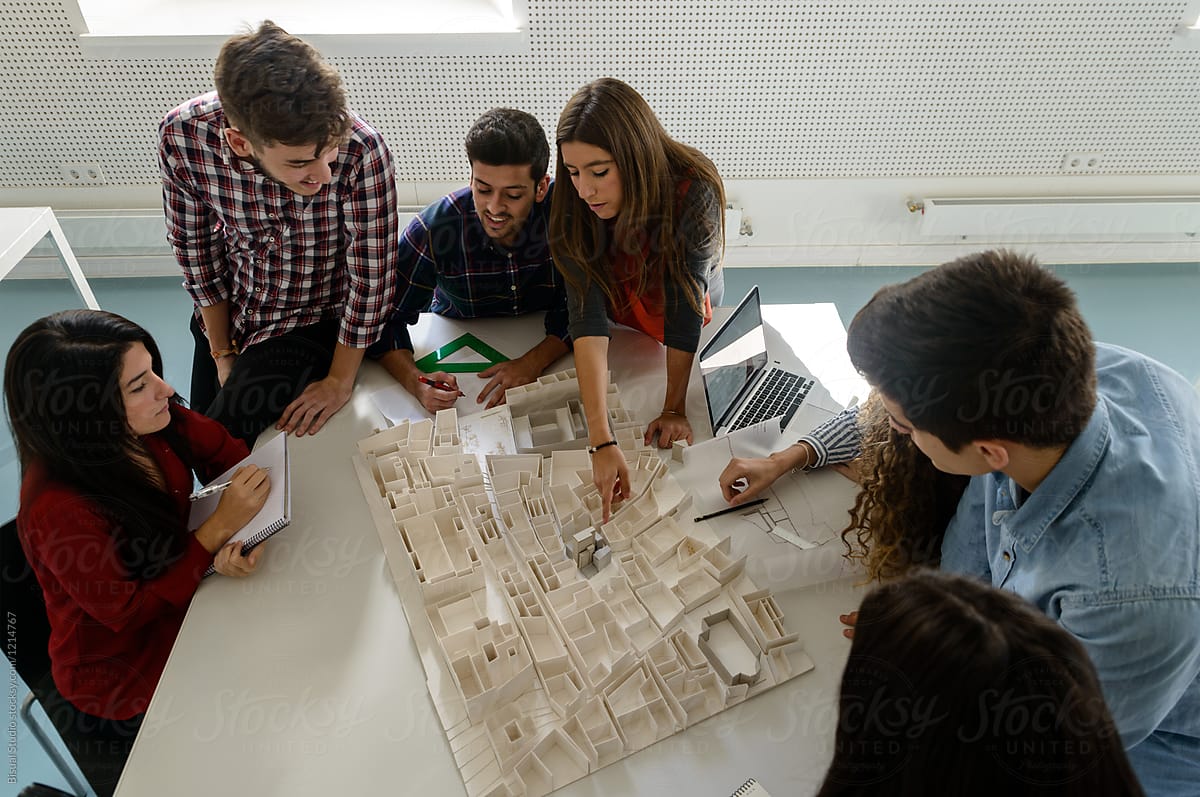- Home
- Articles
- Architectural Portfolio
- Architectral Presentation
- Inspirational Stories
- Architecture News
- Visualization
- BIM Industry
- Facade Design
- Parametric Design
- Career
- Landscape Architecture
- Construction
- Artificial Intelligence
- Sketching
- Design Softwares
- Diagrams
- Writing
- Architectural Tips
- Sustainability
- Courses
- Concept
- Technology
- History & Heritage
- Future of Architecture
- Guides & How-To
- Art & Culture
- Projects
- Interior Design
- Competitions
- Jobs
- Store
- Tools
- More
- Home
- Articles
- Architectural Portfolio
- Architectral Presentation
- Inspirational Stories
- Architecture News
- Visualization
- BIM Industry
- Facade Design
- Parametric Design
- Career
- Landscape Architecture
- Construction
- Artificial Intelligence
- Sketching
- Design Softwares
- Diagrams
- Writing
- Architectural Tips
- Sustainability
- Courses
- Concept
- Technology
- History & Heritage
- Future of Architecture
- Guides & How-To
- Art & Culture
- Projects
- Interior Design
- Competitions
- Jobs
- Store
- Tools
- More

As we continue to stride forward in the twenty-first century, the evolution of house design is expected to be just as dramatic, if not more so, as it has been in the past. Rapid advancements in technology, growing environmental consciousness, changing lifestyle trends, and a shift towards health and wellbeing will all play a part in shaping the homes of the future. Here are some predictions for future house design.
1. Smart Homes Will Get Smarter
Smart home technology has already made inroads into contemporary house design, and it will only continue to advance in the future. The future smart home will likely extend beyond app-controlled lighting and thermostats. Expect to see advanced AI systems controlling every aspect of your home environment, from optimized energy usage to personalized lighting and temperature settings based on individual preferences and routines. Moreover, voice-controlled and gesture-based interaction with our home environments is also expected to become more seamless and integrated.
Smart homes, a concept that seemed futuristic just a few decades ago, have gradually become a reality. Integrating the Internet of Things (IoT), artificial intelligence (AI), and advanced automation, smart homes aim to increase comfort, convenience, and security while optimizing energy usage. Here is a deeper dive into the world of smart homes and the innovative features they promise to offer.
- Advanced Home Automation Systems
The backbone of a smart home is its automation system. This goes beyond basic programmable tasks. Advanced AI-powered systems will learn the routines and preferences of the inhabitants and adjust the home’s environment accordingly. For example, your home could automatically adjust lighting levels based on the time of day or the activity you’re engaged in, control temperature based on weather and personal preference, and even play your favorite music when you enter.

- Intelligent Energy Management
One of the key advantages of smart homes is their potential for energy efficiency. Future smart homes will have intelligent systems that manage and optimize energy use. This could involve automatically switching off unnecessary lights, controlling the thermostat based on occupancy, and optimizing the use of appliances to off-peak hours when electricity is cheaper. This not only reduces energy consumption but also contributes to significant savings on energy bills.
- Enhanced Security
Smart home technology will also play a significant role in home security. Integrated security systems will offer real-time surveillance, remote access to locks, and instant notifications about suspicious activity. Furthermore, AI could enhance these systems by learning typical patterns and alerting homeowners about unusual occurrences. Biometric systems like facial recognition and fingerprint scanning could also be used for home access, providing a higher level of security.
- Smart Appliances and Devices
From refrigerators that alert you when you’re running low on groceries, to washing machines that can be controlled remotely, to ovens that ensure your food is cooked to perfection every time – smart appliances will play a significant role in the homes of the future. These appliances will not only make tasks easier but could also be integrated with the home’s central system for efficient energy management.

2. Sustainability Will Be Integral
The increasing urgency of addressing climate change will make sustainability a core aspect of future house design. Homes will not only be equipped with solar panels but will be designed from the ground up to minimize environmental impact. This could include the use of low-impact building materials, green roofs for better insulation, rainwater collection systems, and home designs that optimize natural lighting and ventilation. The idea will be to build homes that are not just less damaging to the environment but that positively contribute to the ecosystem.
4. Versatile and Flexible Spaces
As remote work becomes more mainstream, the demarcation between living and working spaces will blur. Future homes will feature flexible, multipurpose spaces that can be easily adapted for work, relaxation, or entertainment. Convertible furniture, movable walls, and smart storage solutions will become commonplace, allowing people to customize their homes to fit their changing needs.
5. Compact Living
As urban populations continue to rise, architects and designers will need to address the challenge of designing comfortable living spaces in compact environments. Expect to see innovative solutions to make small spaces feel bigger, such as multipurpose furniture, high ceilings, clever use of lighting, and expansive windows to let in more light.

Submit your architectural projects
Follow these steps for submission your project. Submission FormLatest Posts
Top 10 Most Inspiring Women in Architecture
Explore the remarkable achievements of women in architecture who transformed the profession...
Acropolis of Athens: Architecture as a Political and Cultural Statement
From the Parthenon to the Erechtheion, the Acropolis of Athens stands as...
How to Understand Rental Appraisals: A Full Guide
Rental appraisals are essential for setting competitive rent prices and maximizing investment...
10 Things You Need To Do To Create a Successful Architectural Portfolio
Discover 10 essential steps to create a successful architecture portfolio. From cover...












Leave a comment